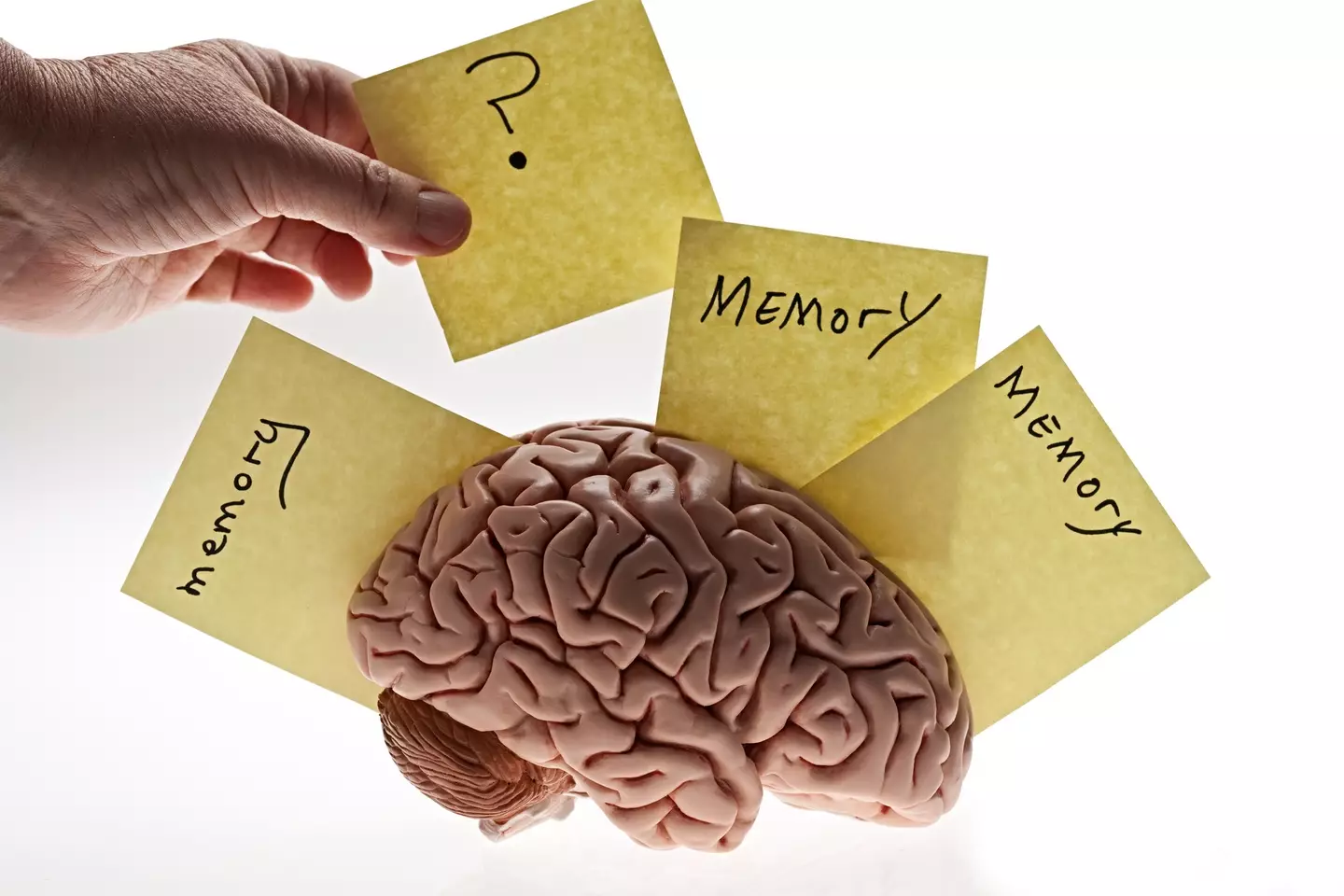Doctor unveils five surprising impacts on your brain from a 30-day alcohol detox

A medical expert has highlighted five subtle effects that abstaining from alcohol for a month can have on the brain.
It is widely understood that overconsumption of alcohol can wreak havoc on vital organs such as the liver and heart, as well as on gut health and overall well-being.
During the holiday season, many people tend to drink more than usual due to numerous social events, family gatherings, and New Year celebrations, all packed into a few weeks.

This is why millions participate in the ‘Dry January’ challenge to commence the year on a healthy note.
Even for those who are not heavy drinkers, a 30-day alcohol hiatus can lead to noticeable improvements in the body and, notably, in brain function.
In The Independent, two UK doctors, Dr. Peter Rice from the Institute of Alcohol Studies and Dr. Richard Piper from Alcohol Change UK, detailed how refraining from alcohol can significantly enhance health and brain function.
What are the brain benefits of cutting out alcohol?

According to Dr. Piper, excessive alcohol intake can result in brain damage related to drinking, which increases the risk of conditions like Alzheimer’s and dementia and can alter personality, cognition, and decision-making processes.
However, there is positive news for those who maintain sobriety. After about three weeks, individuals might experience enhancements in mood and memory.
“We might also find that we can retain information for longer, are less forgetful and more able to focus our attention”, he added.

Drinking alcohol prompts a temporary surge in dopamine, the hormone associated with happiness and pain relief, Dr. Piper explained.
Consequently, people often continue drinking to maintain these effects or become dependent on alcohol for relaxation and stress relief, he noted.
Regular or excessive drinking causes the brain to produce less dopamine, leading to a shortage.
Abrupt cessation might result in feeling ‘a little grumpy’, so Dr. Piper advises finding alternative activities for self-care, like running, which can help stabilize dopamine levels.

Among the numerous issues caused by alcohol, research indicates that consuming just one alcoholic beverage daily can negatively affect brain tissue.
Dr. Rice pointed out that long-term alcohol consumption can lead to ‘brain shrinkage’, with some studies indicating shrinkage even at moderate drinking levels.
As a diuretic, alcohol leads to dehydration, which Dr. Piper stated can cause ‘brain cells to shrink and die’.
Nevertheless, stopping alcohol intake can help the brain reconstruct damaged neural pathways, potentially allowing for partial or full recovery from alcohol-related brain injury.

Thiamine, or vitamin B1, is essential for brain function but is depleted by alcohol consumption, which hampers vitamin absorption.
Dr. Piper stated, “The outcomes for people who stop drinking and who receive high-dose vitamin B1 treatment can be very good, with much of the damage to the brain being reversed.”

One of the most significant benefits of quitting alcohol is the improvement in mental health.
Alcohol Change UK warns that using alcohol to cope with stress, anxiety, or depression is only a temporary fix and can worsen mental health over time.
Dr. Piper commented, “Managing your alcohol intake is one way of reducing your risk of developing depression.”


